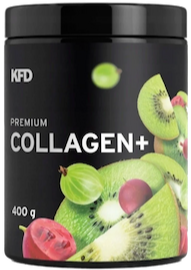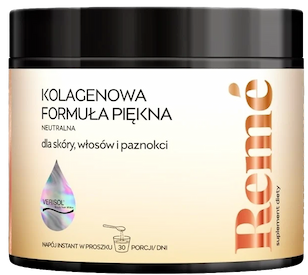Best collagen supplements for runners in 2025
Runners are like machines at full speed and their 'cogs' need the right 'lubricant'.


Learn more about our editorial process
.

Learn more about our editorial process
.

Learn more about our editorial process
.

Learn more about our editorial process
.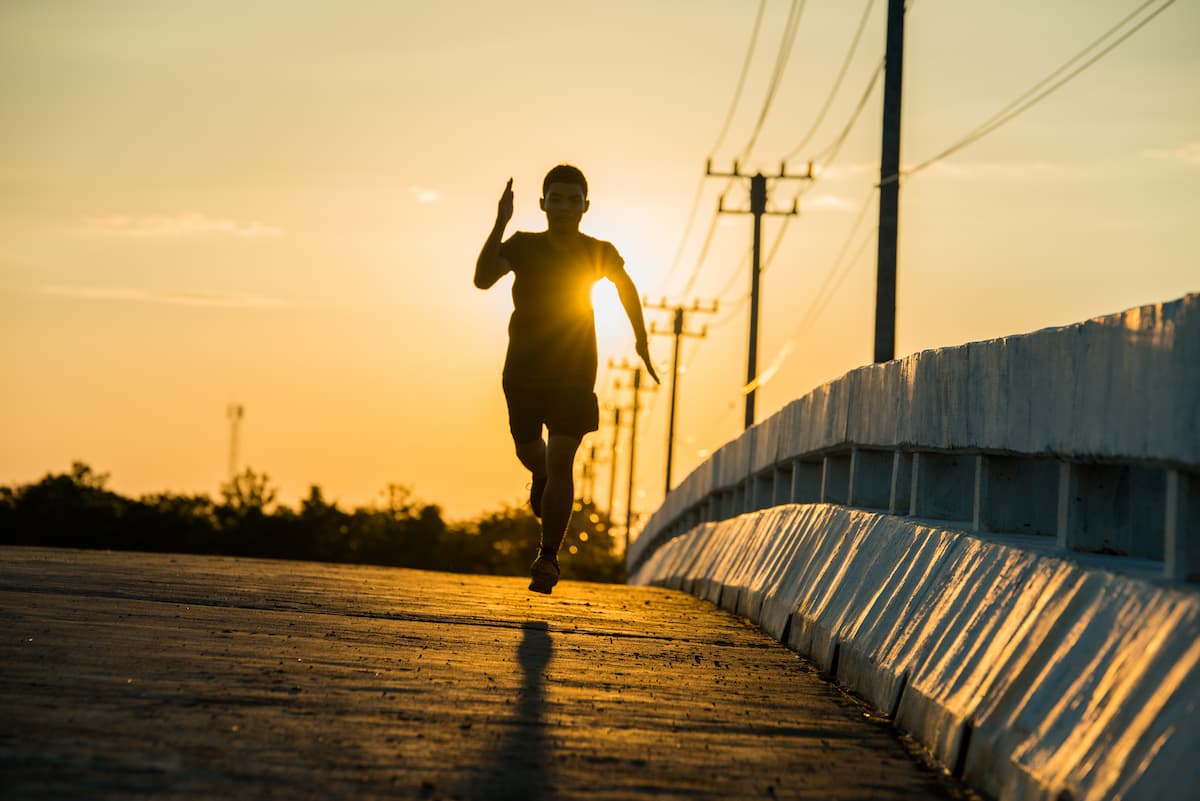
Why you can trust us
Articles on Natu.Care are written based on scientific research, data from government websites and other reliable sources. The texts are written in cooperation with doctors, nutritionists and other health and beauty experts. Articles are reviewed before publication and during significant updates.
.Learn more about our editorial process
.Information about advertisements
Content on Natu.Care may contain links to products from the sale of which we may receive a commission. When creating content, we adhere to high editorial standards and take care to be objective about the products discussed. The presence of affiliate links is not dictated by our partners, and we select the products we review ourselves completely independently.
.Learn more about our terms and Conditions
.Joints don't take lightly with runners. The whole musculoskeletal system works during activity, especially the joints, which absorb shock, reduce friction and are what make you run smoothly. They need to be cared for so that they are strong and activity does not cause pain.
Collagen-supplement can help you if you want to stay running for as long as possible have a run. Let me explain why together with trainer and nutritionist Marta Kaczorek.
From this article you will learn:
.- What is the best collagen for runners. .
- How collagen affects joints, muscles and bones. .
- When is it a good idea to supplement with collagen.
- When is it a good idea to supplement with collagen?
- BONUS: What other benefits collagen will give you. .
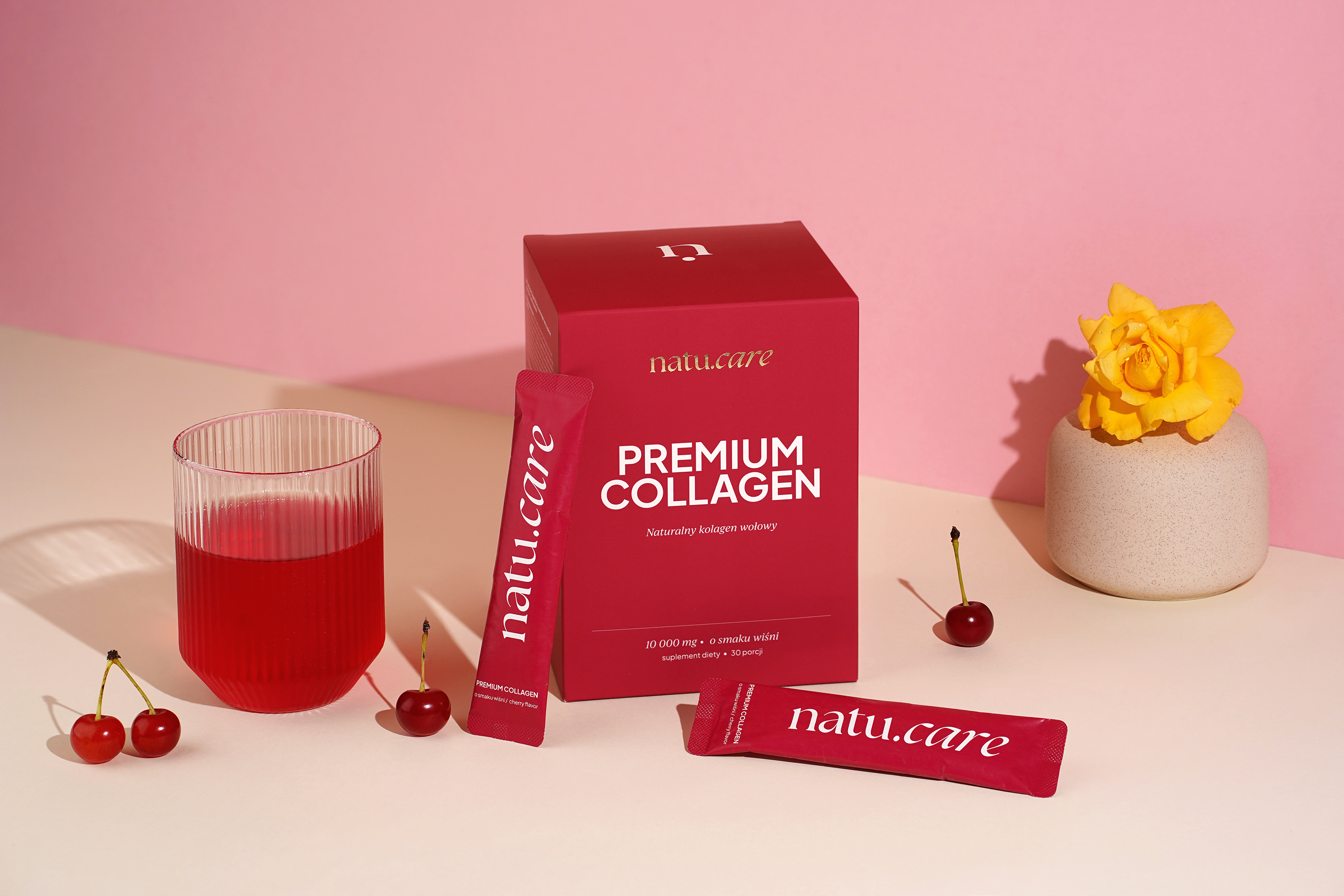
Sprawdź, jak może on zadbać o zdrowie Twoich stawów i urodę! Kolagen Premium (10 000 mg) wiśnia
Natu.Care Kolagen Premium Sport 10000 mg, wiśnia
Natu.Care Kolagen Premium dla zdrowia stawów, skóry, paznokci i włosów. Wołowy kolagen w optymalnej dawce 10 000 mg. Przebadany przez niezależne laboratorium.
Sprawdź cenę
Ten kolagen dobrze się rozpuszcza, super smakuje – jak taki soczek wiśniowy. Moje włosy przestały wypadać, są gęstsze i zdrowsze a cera promienna.@Dominika P.
See also:
.
- The best collagen for athletes .
- Best collagen for tendons
- Best collagen
- Human horse collagen: doctors' opinions
Most powerful collagen for runners - ranking
.
Popular products with collagen for joints for runners were rated for:
- Content collagen. According to scientific studies, an effective daily serving that will support the musculoskeletal system of 2.5 to 15 grams hydrolysed collagenand. A smaller amount may not be sufficient. .
- Origin of collagen. Collagen should be obtained from certified sources. The best quality formulations contain collagen from wild-caught fishand. .
- Collagen type. Hydrolysed fish collagen governs. It is highly absorbable and supports the musculoskeletal systemand .
- Purity of formulation. The best collagen supplements contain no unnecessary fillers, flavours, preservatives.
- Additional active ingredients. Plus vitamins, minerals and other beneficial compounds. Of course, in a good, working daily portion.
- Research and certification. Independent, accredited laboratories confirm the quality of the composition of the collagen supplement. .
- Expert and user reviews. Health professionals share their knowledge of how collagen works, and users verify manufacturers' claims. Here you can see full criteria. .
I jointly assessed the composition with Ilona Krzak, MSc pharmacy.
.
Number of collagens analysed: 71
.
Number of finalists: 12
.
Natu.Care Collagen Premium 5000 mg, mango-maracuja

- Collagen content: 5000 mg marine collagen hydrolysate
- .
- Additional active ingredients: vitamin C, low molecular weight hyaluronic acid (and L-theanine and coenzyme Q10 in cocoa flavoured collagen or vitamin A and vitamin E in mango–passion fruit flavoured collagen)
- .
- Form: powder sachets
- .
- Dose: 1 sachet per day
- .
- Sufficient for: 30 days
- .
Product description
Fish collagen from the Natu.Care brand in a dose of 5000 mg. The formula contains a sufficient portion of the active substance to positively affect your joints, musculoskeletal system and immunity.
Take care of your tendons, joint cartilage, ligaments, muscles and even bones by supplying them with the building blocks to function properly. Move without bólu and provide the necessary support for any physical activity.
And as a „gratis” to regular supplementation, you will also receive firm skinóhand, healthy and shiny hair and strong nails.
Natu.Care Premium Collagen is available in two flavours – Cacao Bloom and Rise&Shine. Both formulas are based on the following active ingredients: marine collagen hydrolysate, wild roseóbud extract and hyaluronic acid.
Additionally, Cacao Bloom contains natural L-theanine, coenzyme Q10 and defatted Dutch cacao. Rise&Shine instead contains vitamin E and vitamin A.
These are the best collagens in the world.
These best fish collagens on the market also rós taste – Cacao Bloom is a treat for chocolate lovers. Rise&Shine will appeal to those whoóenjoy the refreshing taste of mangoófruit and passion fruit.
Pros and cons
Fish collagen from the Natu.Care brand in a dose of 5000 mg. The formula contains a sufficient portion of the active substance to positively affect your joints, musculoskeletal system and immunity.
Take care of your tendons, joint cartilage, ligaments, muscles and even bones by supplying them with the building blocks to function properly. Move without bólu and provide the necessary support for any physical activity.
And as a „gratis” to regular supplementation, you will also receive firm skinóhand, healthy and shiny hair and strong nails.
Natu.Care Premium Collagen is available in two flavours – Cacao Bloom and Rise&Shine. Both formulas are based on the following active ingredients: marine collagen hydrolysate, wild roseóbud extract and hyaluronic acid.
Additionally, Cacao Bloom contains natural L-theanine, coenzyme Q10 and defatted Dutch cacao. Rise&Shine instead contains vitamin E and vitamin A.
These are the best collagens in the world.
These best fish collagens on the market also rós taste – Cacao Bloom is a treat for chocolate lovers. Rise&Shine will appeal to those whoóenjoy the refreshing taste of mangoófruit and passion fruit.
Additional information
Fish collagen from the Natu.Care brand in a dose of 5000 mg. The formula contains a sufficient portion of the active substance to positively affect your joints, musculoskeletal system and immunity.
Take care of your tendons, joint cartilage, ligaments, muscles and even bones by supplying them with the building blocks to function properly. Move without bólu and provide the necessary support for any physical activity.
And as a „gratis” to regular supplementation, you will also receive firm skinóhand, healthy and shiny hair and strong nails.
Natu.Care Premium Collagen is available in two flavours – Cacao Bloom and Rise&Shine. Both formulas are based on the following active ingredients: marine collagen hydrolysate, wild roseóbud extract and hyaluronic acid.
Additionally, Cacao Bloom contains natural L-theanine, coenzyme Q10 and defatted Dutch cacao. Rise&Shine instead contains vitamin E and vitamin A.
These are the best collagens in the world.
These best fish collagens on the market also rós taste – Cacao Bloom is a treat for chocolate lovers. Rise&Shine will appeal to those whoóenjoy the refreshing taste of mangoófruit and passion fruit.
User review
Fish collagen from the Natu.Care brand in a dose of 5000 mg. The formula contains a sufficient portion of the active substance to positively affect your joints, musculoskeletal system and immunity.
Take care of your tendons, joint cartilage, ligaments, muscles and even bones by supplying them with the building blocks to function properly. Move without bólu and provide the necessary support for any physical activity.
And as a „gratis” to regular supplementation, you will also receive firm skinóhand, healthy and shiny hair and strong nails.
Natu.Care Premium Collagen is available in two flavours – Cacao Bloom and Rise&Shine. Both formulas are based on the following active ingredients: marine collagen hydrolysate, wild roseóbud extract and hyaluronic acid.
Additionally, Cacao Bloom contains natural L-theanine, coenzyme Q10 and defatted Dutch cacao. Rise&Shine instead contains vitamin E and vitamin A.
These are the best collagens in the world.
These best fish collagens on the market also rós taste – Cacao Bloom is a treat for chocolate lovers. Rise&Shine will appeal to those whoóenjoy the refreshing taste of mangoófruit and passion fruit.
Natu.Care Collagen Premium 10000 mg, cherry

- Collagen content: 10,000 mg of hydrolyzed bovine collagen
- Additional active ingredients: vitamin C, low molecular weight hyaluronic acid, glucosamine, chondroitin, extract of Indian frankincense resin (boswellia serrata)
- Form: powder sachets for drinking
- Serving: 1 sachet per day
- Lasts for: 30 days
Product description
One of the strongest collagens on the market, providing as much as 10,000 mg per daily serving. This product can effectively support the condition of joints, skin, hair, and nails.
With this supplement, you will support your skeletal and joint system as well as your beauty, helping you visually halt the aging process and feel rejuvenated!
Pros and cons
Pros:
- The daily portion of collagen is very large – as much as 10,000 mg.
- Proven collagen formula – COLLinstant, whose effectiveness has been confirmed in clinical studies.
- Effective dose of hyaluronic acid, which additionally moisturizes the skin and positively affects joint health.
- Vitamin C supports the body's natural collagen production.
- Glucosamine is a fundamental building block of compounds found in joint cartilage and a component of collagen that gives elasticity to connective tissue in tendons.
- Chondroitin is a natural component found in the human body, mainly in cartilage. This large molecule (mucopolysaccharide) has the ability to absorb water, which helps maintain the elasticity and resilience of cartilage.
- Frankincense resin extract supports blood circulation and joint mobility and reduces their stiffness. It may help alleviate inflammatory conditions.
- The composition has been tested by the independent and accredited J.S. Hamilton laboratory.
Cons:
- None.
Additional information
Users praise Natu.Care Collagen Premium for the easy dissolving of the powder.
ALLDEYNN Collarose Fish
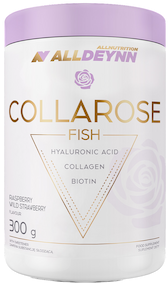
- Collagen content: 5000 mg hydrolysate fish collagen VERISOL F® .
- Additional active ingredients: vitamin C, hyaluronic acid, biotin
- Form: powder to dissolve in water .
- Dose: one scoop (6 g) of powder daily .
- Sufficient for: 50 days .
Product description
Atlantic cod collagen VERISOL F® contained in the formula are easily absorbed collagen peptides of fish origin. Regular supplementation can firm your skinóhand and slow down the ageing process. Your nails will become stronger and stop breaking. The addition of biotin will improve the condition of your hairów. The collagen portion is high enough to also have a good effect on your joints, muscles and bones.
Pros and cons
Atlantic cod collagen VERISOL F® contained in the formula are easily absorbed collagen peptides of fish origin. Regular supplementation can firm your skinóhand and slow down the ageing process. Your nails will become stronger and stop breaking. The addition of biotin will improve the condition of your hairów. The collagen portion is high enough to also have a good effect on your joints, muscles and bones.
Additional information
Atlantic cod collagen VERISOL F® contained in the formula are easily absorbed collagen peptides of fish origin. Regular supplementation can firm your skinóhand and slow down the ageing process. Your nails will become stronger and stop breaking. The addition of biotin will improve the condition of your hairów. The collagen portion is high enough to also have a good effect on your joints, muscles and bones.
Expert and user opinion
Atlantic cod collagen VERISOL F® contained in the formula are easily absorbed collagen peptides of fish origin. Regular supplementation can firm your skinóhand and slow down the ageing process. Your nails will become stronger and stop breaking. The addition of biotin will improve the condition of your hairów. The collagen portion is high enough to also have a good effect on your joints, muscles and bones.
DuoLife Collagen fish collagen 2500 mg
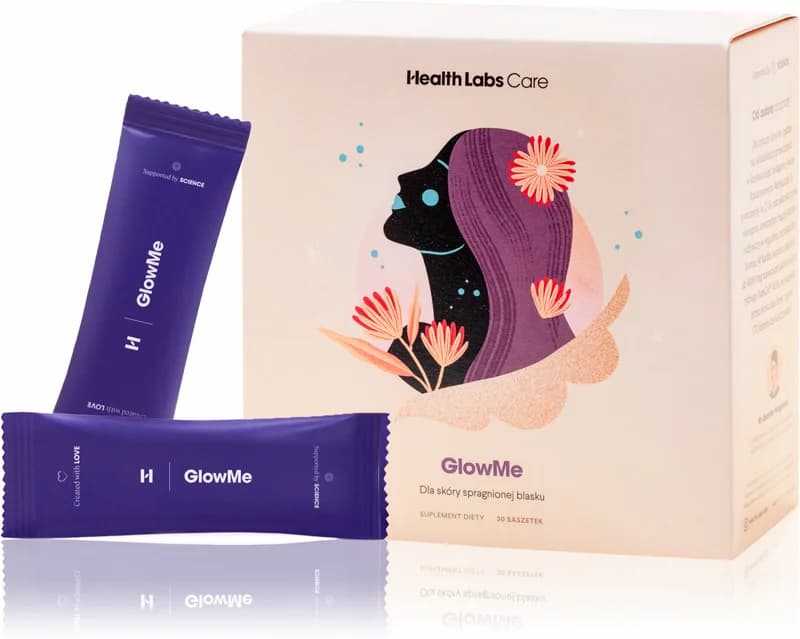
- Collagen content: 2500 mg collagen
- Additional active ingredients: vitamin C, silicon, glucosamine, hyaluronic acid, nettle and bamboo extracts
- Form: liquid to drink .
- Dose:25 ml .
- Sufficient for: 30 days .
Product description
100% natural collagen liquid without unnecessary ingredientsós. The composition of ingredientsós improves the appearance and condition of skinóry, hairów, nails. DuoLife is a good choiceór if you notice the first signs of skinóry ageing or want to stop this process. A tasty liquid, convenient to use.
Pros and cons
100% natural collagen liquid without unnecessary ingredientsós. The composition of ingredientsós improves the appearance and condition of skinóry, hairów, nails. DuoLife is a good choiceór if you notice the first signs of skinóry ageing or want to stop this process. A tasty liquid, convenient to use.
Additional information
100% natural collagen liquid without unnecessary ingredientsós. The composition of ingredientsós improves the appearance and condition of skinóry, hairów, nails. DuoLife is a good choiceór if you notice the first signs of skinóry ageing or want to stop this process. A tasty liquid, convenient to use.
User review
100% natural collagen liquid without unnecessary ingredientsós. The composition of ingredientsós improves the appearance and condition of skinóry, hairów, nails. DuoLife is a good choiceór if you notice the first signs of skinóry ageing or want to stop this process. A tasty liquid, convenient to use.
Pharmovit liquid collagen 10000 mg
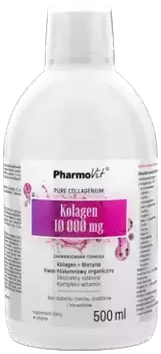
- Collagen content: 10000 mg hydrolysed bovine collagen types I and III .
- Additional active ingredients: hyaluronic acid, natural plant extracts, vitamin C, B vitamins, zinc, vitamin D
- Form: vials .
- Dose: 25 ml .
- Sufficient for: 20 days .
Product description
A solid daily dose of collagen for jointómuscle and bone health and beauty. The duo of collagen and vitamin C has a positive effect on each other, so that „the protein of youth” is better absorbed and more efficiently produced in the body.
Pros and cons
A solid daily dose of collagen for jointómuscle and bone health and beauty. The duo of collagen and vitamin C has a positive effect on each other, so that „the protein of youth” is better absorbed and more efficiently produced in the body.
Additional information
A solid daily dose of collagen for jointómuscle and bone health and beauty. The duo of collagen and vitamin C has a positive effect on each other, so that „the protein of youth” is better absorbed and more efficiently produced in the body.
KFD Premium Collagen+
Product description
High dose of collagen and a real bomb of vitamins C and D and organic sulphur. With this preparation the effects will come immediately. You will improve the firmness of your skin and reduce wrinkles. Your hair and nails will be strong and shiny.
A generous dose of collagen will improve the mobility of your jointsós, benefit your bone system and muscles. Do you do sports and need a product thatós able to keep up with your needs? This product will do the trick.
Pros and cons
High dose of collagen and a real bomb of vitamins C and D and organic sulphur. With this preparation the effects will come immediately. You will improve the firmness of your skin and reduce wrinkles. Your hair and nails will be strong and shiny.
A generous dose of collagen will improve the mobility of your jointsós, benefit your bone system and muscles. Do you do sports and need a product thatós able to keep up with your needs? This product will do the trick.
Additional information
High dose of collagen and a real bomb of vitamins C and D and organic sulphur. With this preparation the effects will come immediately. You will improve the firmness of your skin and reduce wrinkles. Your hair and nails will be strong and shiny.
A generous dose of collagen will improve the mobility of your jointsós, benefit your bone system and muscles. Do you do sports and need a product thatós able to keep up with your needs? This product will do the trick.
Expert opinion
High dose of collagen and a real bomb of vitamins C and D and organic sulphur. With this preparation the effects will come immediately. You will improve the firmness of your skin and reduce wrinkles. Your hair and nails will be strong and shiny.
A generous dose of collagen will improve the mobility of your jointsós, benefit your bone system and muscles. Do you do sports and need a product thatós able to keep up with your needs? This product will do the trick.
Product description
The dietary supplement from Remé contains beef collagen in a patented formula and vitamin C, whichóra aids its absorption. The formula comes in three flavours: neutral, orange-maracuja and strawberry-pomegranate. The formula can effectively support and improve the condition of the skinóry, hairóry and nails.
Pros and cons
The dietary supplement from Remé contains beef collagen in a patented formula and vitamin C, whichóra aids its absorption. The formula comes in three flavours: neutral, orange-maracuja and strawberry-pomegranate. The formula can effectively support and improve the condition of the skinóry, hairóry and nails.
Additional information
The dietary supplement from Remé contains beef collagen in a patented formula and vitamin C, whichóra aids its absorption. The formula comes in three flavours: neutral, orange-maracuja and strawberry-pomegranate. The formula can effectively support and improve the condition of the skinóry, hairóry and nails.
The dietary supplement from Remé contains beef collagen in a patented formula and vitamin C, whichóra aids its absorption. The formula comes in three flavours: neutral, orange-maracuja and strawberry-pomegranate. The formula can effectively support and improve the condition of the skinóry, hairóry and nails.
{ product:5ZaDZsGEYWG7w2si4ZsuXu }}
{product:Cym0Yvg83jmGmIUqr5bFt }}
Does collagen joint medicine exist?
.There is no such thing as collagen medicine for joints. Collagen can support treat joint-related ailments such as joint pain and stiffness, but it will not cure them. In Poland, no collagen preparation has been registered as a medicinal product. You can only buy collagen supplement or a medical device.
Does collagen ointment for knees work?
.
Unfortunately, no. Ointments with collagen will not reduce pain, inflammation or affect collagen production in the knee. Ba, they do not even firm it, as suggested by cosmetic manufacturers. The collagen molecule is larger than the hole in the skin and will not reach the deeper layers of the skin.
Much more useful for you will be warming or cooling ointments (depending on your knee problem). Rely on menthol, camphor or even classic - horse ointment.
It is a myth that the collagen in the ointment can somehow affect the structure of the tissues inside the joint. In contrast, ointments of a warming or cooling nature are often helpful and sometimes indicated for runners, depending on the individual case..
 .
.
Michal Bojemskiphysiotherapist
.
Why do runners need collagen?
.
Sprinners, long-distance runners or even "Sunday" runners put the musculoskeletal system at risk of exploitation. Particularly with regular, intensive training, it is easy to suffer from injuries, trauma and nervous system fatigue.
Happy birthday!
After 25 years of age the body's natural production of collagen begins to decline. On average, the loss of this protein oscillates around 1.5 per cent per yearand.
.
A number of processes take place after training, including remodelling and regeneration of the musculoskeletal system and replacement of collagen fibres . If there is not enough collagen, it puts the runner at risk of injury, pain or increased recovery time. That's why it's worth considering collagen supplementation if you want to support joints, muscles and bones.
Collagen makes it possible for you to run through life without injury or pain. Ok, so that means it's worth supplementing. So you ask...
What is the best collagen for runners?
.
Just as it is important to match shoes to your foot and to the surface, it is equally important to match collagen to your needs. Pay attention to three considerations.
Collagen type
.
There are 28 types of collagenand. For joint, muscle and bone health the best are collagen type 1 and type 2, as these are what build your musculoskeletal system. Type 1 forms bone and muscle tissue, and type 2 is a component of cartilage tissueand.
Collagen type 1 is the most common collagen and makes up 95% of the collagen found in your bones. Type I collagen contains large amounts of proline, lysine, glycine and hydroxyproline compared to other types of collagen.
 .
.
Marta Kaczorekclinical nutritionist and personal trainer
Type 2 collagen is responsible for joint cushioning. It forms a reticulated structure in the cartilage that allows the joints to be loaded and relieved during movement, thus protecting the bones..
 .
.
Witold Tomaszewskidoctor of medical sciences
.Origin of collagen
.
In dietary supplements, you most often have a choice of beef collagen and fish collagen (a.k.a.: sea collagen or marine collagen). A 2017 study suggests that bovine collagen has the best effect on muscle and bone, while fish collagen is more effective on jointsand.
But fish collagen is the best-absorbed collagen because it has a structure most similar to humanand.
.
Collagen daily allowance
.
The numbers for runners are important. It's nice to look at complete kilometres, pace per kilometre, and let an effective amount of collagen come with it. Collagen shouldn't sneak through the body unnoticed like Usain Bolt.
What do the scientific findings suggestand? A portion of collagen:
- 2.5 grams positively affects the condition and appearance of your skin -it also affects what happens in your joints, but you'll experience faster effects with a higher daily serving.
- 5 grams improves bone density, supports muscle recovery and joint health. Let's establish that this is the minimum for your musculoskeletal system.
- 10-15 grams is a specific collagen boost for joints, muscles and bones. .
Which collagen to choose?
.Make room on your supplement shelf for type I fish collagen or type II bovine collagen in a daily serving of at least 5g.
How collagen can help you stay in shape
.
Strengthens and regenerates joints
.
- Rebuilds cartilage tissue .
- Participates in the production of synovial fluid, which reduces friction in the joints.
- Increases the elasticity of the joints.
- Improves flexibility and increases joint mobility.
- Can reduce joint stiffness.
- May reduce joint stiffness and painand. .
Scientific study
In a 2008 study, 97 physically active people were divided into two groups. For 24 weeks, one took a placebo and the other 10 g of hydrolysed collagen. The collagen group reported a reduction in joint painand.
Results of the study indicate a rationale for using collagen hydrolysate to improve joint health and possibly reduce the risk of joint deterioration in a high-risk group (e.g. runners), which may offset the risk of injury.
 .
.
Marta Kaczorekclinical nutritionist and personal trainer
.
Muscle support
.
- Promotes muscle regeneration .
- Play an important role in maintaining muscle strength and endurance.
- Provides support for muscle regeneration.
- Promotes muscle protein synthesis, such as creatine and may stimulate hypertrophy (growth) of muscles after trainingand. .
Bone building
.
- Increases bone density and strengthens bones. .
- Gives structure to bones. .
- May reduce bone degradation and prevent osteoporosisand. .
Hydrolysate supports the musculoskeletal system
A 2006 review of the scientific literature suggests that the consumption of collagen hydrolysate is safe, reduces pain and improves musculoskeletal function in some people with osteoarthritis or other inflammatory joint conditions.
Improves immunity
.
- Provides the body with amino acids, including glutamine, an amino acid that supports the immune system.
- Provides the body with amino acids, including glutamine, an amino acid that supports the immune system.
- Stimulates immune cells and can shorten the healing time of infectionsand.
The skin is the largest organ in terms of surface area and is mainly composed of collagen. It has an immune barrier function. An article from the journal Immunology from 2020 suggests that by taking care of your skin and the amount of collagen in it - you take care of your immunity.
 .
.
Marta Kaczorek clinical nutritionist and personal trainer
.
BONUS: collagen not only for healthy joints
.
Has anyone ever told you that you have... beautiful joints or sexy bones? Neither have I, because it doesn't show so much. But get ready for a marathon of compliments because collagen affects beauty.
What other benefits does collagen supplementation offerand?
- Reduces fine lines and wrinkles. .
- Napinates and firms the skin. .
- Moisturises the complexion and gives it a radiant appearance.
- Hydrates the skin.
- Strengthens the hair structure.
- Hydrates the hair.
- Hydrates the scalp, which is an important base for new hair growth.
- Gives nails elasticity and makes them more resilient to damage.
- Hydrates the nails.
- Provides a positive effect on nail growth. .
- May accelerate wound healing. .
- May prevent hair loss. .
Collagen collagen - what else is worth supplementing with?
.
Some collagens advertised as "for joints" or "for athletes" contain the same collagen as collagen for hair, skin, nails. That's not a problem, because collagen is collagen, and it will go where your body sends it.
The difference between these products comes down to the difference in formulation when it comes to additional active ingredients that can provide extra support for your musculoskeletal system. Instead of biotin or coenzyme Q10 you're more likely to need glucosamine with chondroitin, or organic sulphur (MSM).
I can tell you what you will need, in what form and amount.
.
Useful active ingredients for joint, muscle and bone health
.
|
Name of ingredient . |
What does it give . |
Best form . |
Minimum Effective Daily Portion |
||
| . |
Promotes the production of collagen, increases the bioavailability of other vitamins and minerals |
L-ascorbic acid, calcium ascorbate, sodium ascorbate |
100 mg |
||
| . |
may increase the effectiveness of other supplements (e.g. glucosamine) and reduce joint pain and stiffness |
pure methylsulfonylmethane . |
3000 g |
||
|
Keeps joints moist, acts as a lubricant, shock absorber and stabiliser of the joint structure |
ultramolecular . |
120 mg |
|||
| . |
reduces joint pain and stiffness in people with osteoarthritis, increase the amount of calcium in the bones, which can strengthen and improve their structure |
not applicable |
|||
|
glucosamine (preferably with chondroitin) . |
stimulates cartilage production, inhibits cartilage-degrading enzymes, can have anti-inflammatory effects and reduce joint pain . |
Glucosamine sulphate . |
1500 mg |
||
|
chondroitin (preferably with glucosamine) . |
.
may stimulate the anabolic process of cartilage metabolism and have an anti-inflammatory effect . |
chondroitin sulphate . |
1200 mg |
||
|
curcumin (curcumin) |
acts as an anti-inflammatory and antioxidant, relieves post-workout muscle soreness |
extract standardised for curcuminoids . |
500 mg |
||
|
boswellia serrata |
Acts as an anti-inflammatory, reduces pain in osteoporosis |
. |
extract standardised for boswellic acid |
standardised for boswellic acid . |
300 mg |
|
increases performance especially in endurance athletes, increases aerobic ceiling, reduces fatigue |
Extract standardised for vitanolides . |
300 mg |
Improve your sports performance
Your favourite athlete's drink should be fresh beetroot juice (not from the shop - squeeze it yourself, work your arms). It improves performance and endurance, has an antioxidant effect and boosts energy.
Collagen before or after a workout?
.
Scientific research to date does not indicate, when it is best to take collagen. It doesn't matter if you take it 2 hours before a workout or 3 minutes after a workout. Supplementation with this protein is all about systematics, not a specific time or time day. Tailor your supplementation to you so that you can maintain regularity.
When will I see the effects of collagen?
.
Collagen does not work on a temporary basis. Typically, improvements in joint function appear after 8-16 weeks of supplementation. Be patient and appreciate that in as little as 4 weeks you may notice an improvement in your skin quality (less about the wrinkles, think of that firm skin on melted calf).
Patience! And remember that when you see and feel the effects of collagen, depends on several factors: health, age, the amount of collagen in your body, diet, addictions and stressand.
Collagen can be fun to incorporate into your diet to remember to be systematic. Check out recipes with Natu.Care's collagen. Dietitian Aleksandra Cudna-Bartnicka has prepared milkshake, collagen cocktail, collagen combo, and even bowels, falafels, fries sauce, quesadillas.
, among others.
Important
.And if you feel no improvement and are experiencing joint pain or stiffness and deterioration in musculoskeletal function, sprint see your doctor.
Collagen for runners - reviews
.
Because of its multidirectional effects - supportive, supportive, regenerative, analgesic - collagen should be supplemented during periods of high exertion, such as during the start of a running competition, to negate the effects of high stress and support the runner to recover and get back on track quickly..
 .
.
Marta Kaczorekclinical nutritionist and personal trainer
I would recommend collagen supplementation to runners, especially for the sake of their joints. When running, especially on hard surfaces and in inadequate footwear, joints are heavily stressed. Collagen will provide the essential amino acids needed to keep the joint cartilage in good condition..
 .
.
Ilona Krzak Master of Pharmacy
Physical activity, although healthy and desirable, exposes the body to stress, injury, trauma and 'wear and tear' on the joints. An athlete even needs to ensure an adequate supply of collagen. By using dietary supplements, you are assured of how much collagen you are providing and from what source. Supplementation is safe, effective and beneficial to the health of the athlete..
 .
.
Julia SkrajdaDietitian
.I always take collagen after the season through the winter. It regenerates my joints and prepares me for the next "slaughter" in the field. For the past two seasons, zero injuries and (knock on wood) knee pain, which I tended to do!.
Mateusz a trail runner from the MKB Dreptak club
..
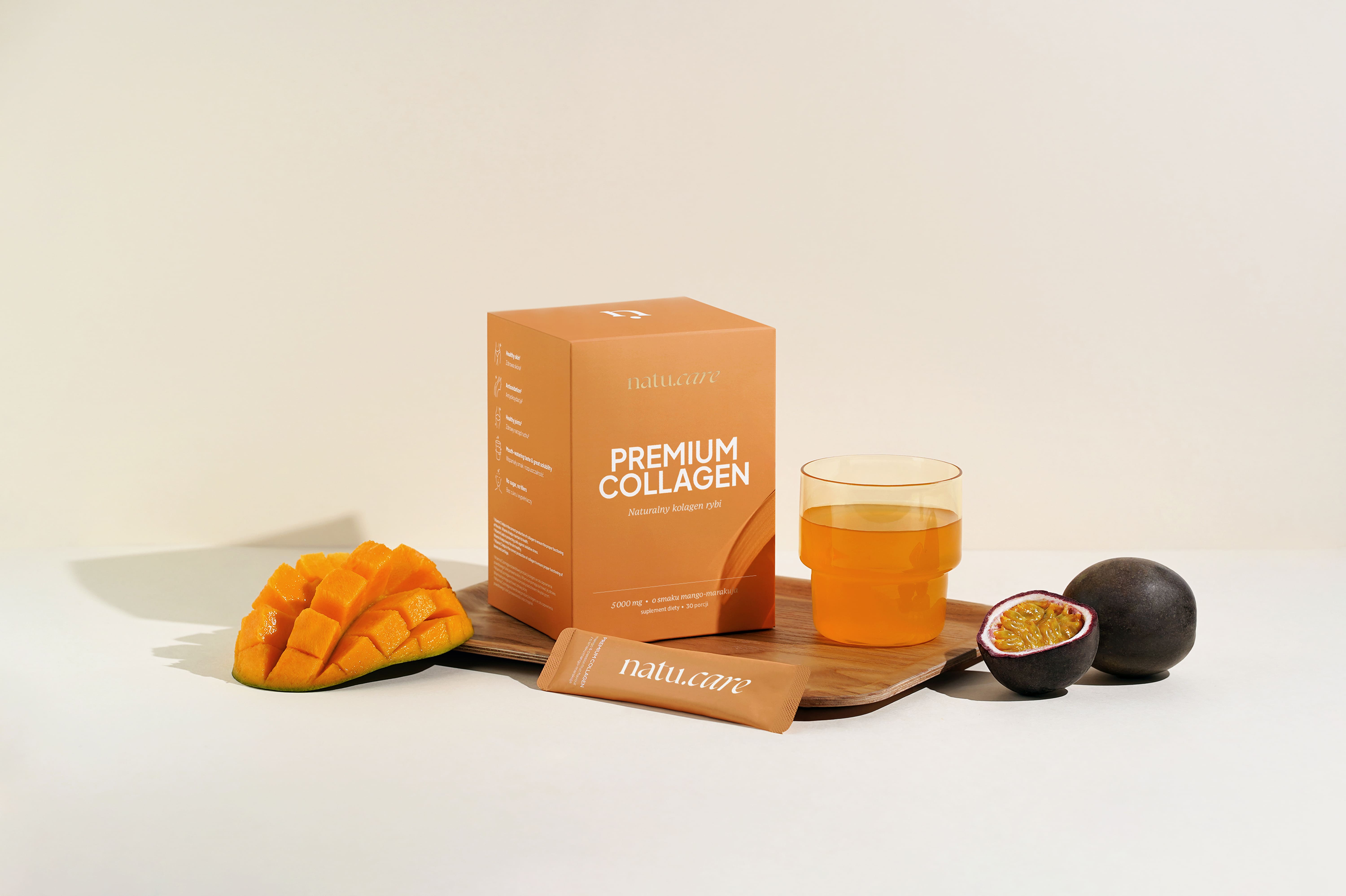
Sprawdź, za co pokochały go tysiące klientek Kolagen Premium 5000 mg, mango-marakuja
Natu.Care Kolagen Premium 5000 mg, mango-marakuja
Natu.Care Kolagen Premium dla zdrowia stawów, skóry, paznokci i włosów. Najlepsza przyswajalność. Optymalna dawka 5 000 lub 10 000 mg. Przebadany przez niezależne laboratorium.
Zobacz więcej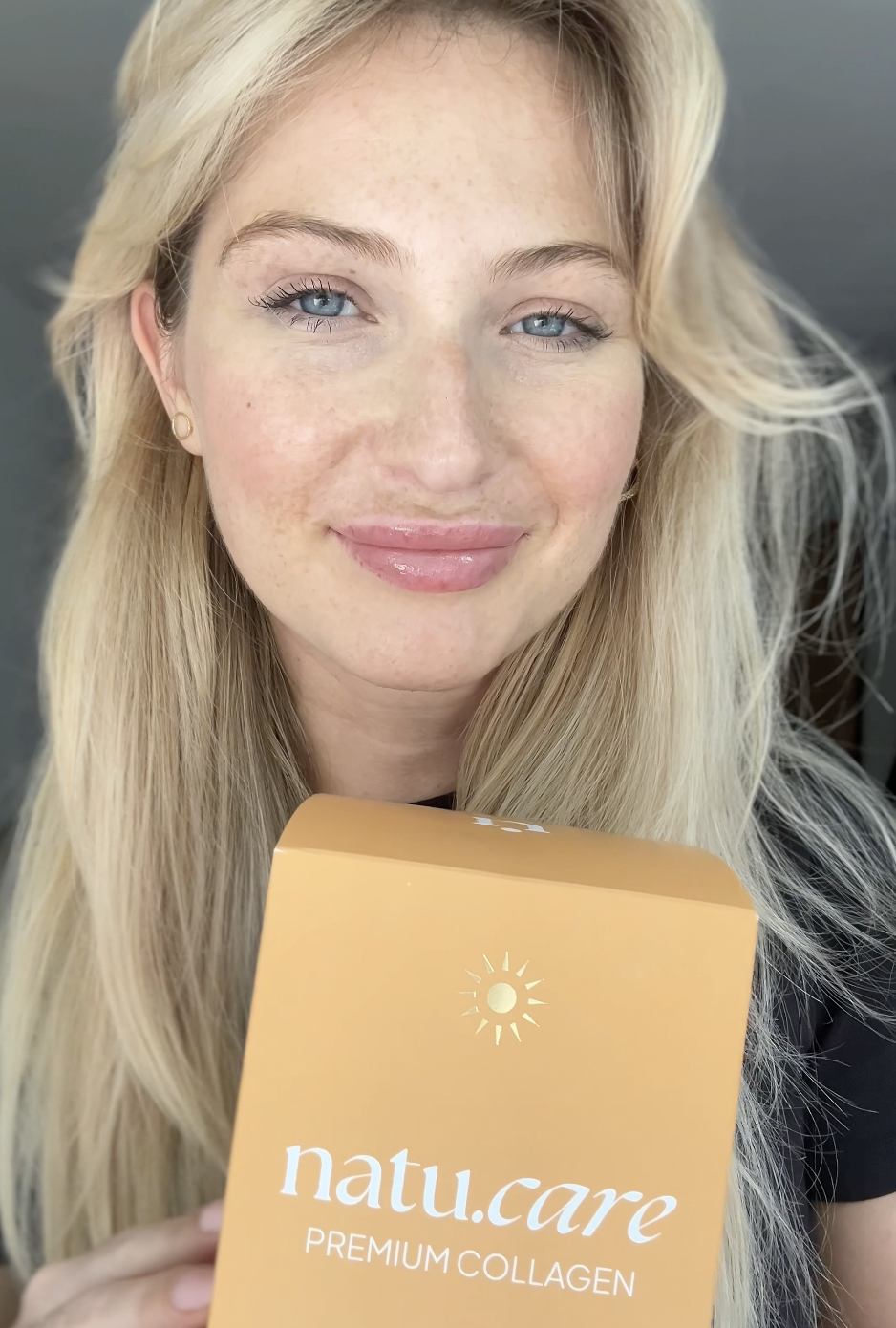
Wybrałam kolagen Natu.Care, ponieważ miał super opinie – a to było dla mnie bardzo ważne! Odkąd go stosuję, moja skóra znacznie się poprawiła i jest nawilżona, a na głowie pojawiły się nowe "baby hair".@Kasia S.
See also:
.
- Protein nutrient .
- Whey Protein Concentrate (WPC) .
- Whey protein isolate (WPI) .
- Whey protein hydrolysate (WPH) .
- BCAA, is it worth it or not? .
- Citrulline
- Creatine
- Collagen recipes
Summary
.
- People who are physically active put their musculoskeletal system at risk of exploitation, so collagen supplementation can help.
- After the age of 25, the body's natural production of collagen begins to decline.
- The best way to absorb collagen is through supplementation.
- Best absorbed collagen for joints hydrolysed collagen fish in a daily serving 5 g (5,000 mg).
- Good collagen for runners includes Natu.Care premium collagen, Aura Herbals Colladrop Flex and YANGO liquid collagen for joints. .
- Remember that for the health of the musculoskeletal system, it is most important to have a properly energised and nutritious diet and regeneration. .
FAQ
.Does collagen help joints?
.Yes, collagen helps joints because it regenerates cartilage tissue and muscles and supports the skeletal system. Collagen is helpful in supporting the musculoskeletal system, especially after an intense and active training season or injury.
Remember, however, that even the strongest collagen for joints alone will not help if you have advanced joint disease (e.g. RZS, arthritis) and do not take care of your movement hygiene (posture, rehabilitation) with a physiotherapy specialist. Treat collagen as a support, not a remedy for ailing joints.
Is collagen a protein?
.Yes, collagen (English collagen) is a protein or otherwise protein. It belongs to the scleroproteins that are part of, among other things, connective tissue. Collagen has an important function in the body, providing structural support to many tissues such as skin, bones, tendons, cartilage and muscles.
It is crucial for the strength and resilience of tissues and the protection and support of organs, as well as structures in the body.
Does collagen for joints work on the skin?
.Yes, the collagen you take will work equally on joints and on skin. Of course, it will first go where it is least present. Collagen does not act selectively and cannot be targeted, but the same collagen e.g. fish collagen in a 5000 mg portion will support both the musculoskeletal system and beauty.
Collagen and osteoporosis - does it help?
.Yes, according to scientific studies, oral supplementation with collagen peptides can reduce pain and improve physical activity in patients with osteoporosis. Collagen may be a helpful support in the course of this disease.
Does collagen have calories?
.Yes collagen is a protein that contains approximately 360 kcal/100 g, including approximately 90 g protein, 0 g fat and 0 g carbohydrate. This means that an average serving of a dietary supplement with collagen contains (depending on the daily serving) 36-70 kcal.
Collagen and fractures - does it help?
.In scientific studies from 2006-2015, collagen showed potential in supporting bone regeneration and healing. The combination of collagen and octavapnia phosphate has been shown to be particularly helpful. Implantation of these two components into defects has proven effective in bone healing in small and critical bone defects in animals and humans.
What is collagen used in?
.Natural collagen in food is found in fish, meat, eggs, dairy products, pork knuckles, brawn, broth cooked on bones, offal and chicken feet. To provide yourself with natural collagen, you can also eat food gelatine and vegetable and fruit jellies based on it. Remember, however, that these products do not contain a high portion of collagen unlike dietary supplements and are not absorbed as efficiently.
Is collagen safe?
.Yes, collagen is recognised as a safe dietary supplement with few contraindications to use and side effects. When used in the manufacturer's recommended daily portions, it should not adversely affect health.
Does natural collagen work for the spine?
.Natural collagen is an important structural component found in your connective tissue, including joints, ligaments and spine. It plays an important role in maintaining a healthy spine, but there is insufficient scientific evidence that consuming collagen in the form of dietary supplements directly works to improve spinal health.
Does collagen in tablets work?
.Collagen in tablets and capsules can be helpful in supplementing collagen in the body. However, most dietary supplements do not contain high portions of collagen or you have to ingest large capsules in large quantities (up to 6-8 per day) to consume it. Less invasive to the throat and stomach and better absorbed is liquid collagen.
.
Sources
.See all
.Al-Atif, H. (2022). Collagen Supplements for Aging and Wrinkles: A Paradigm Shift in the Field of Dermatology and Cosmetics. Dermatology Practical & Conceptual, e2022018-e2022018. https://doi.org/10.5826/dpc.1201a18
Amalraj, A., Pius, A., Gopi, S., & Gopi, S. (2017). Biological activities of curcuminoids, other biomolecules from turmeric and their derivatives - A review. Journal of Traditional and Complementary Medicine, 7(2), 205-233. https://doi.org/10.1016/j.jtcme.2016.05.005
Asserin, J., Lati, E., Shioya, T., & Prawitt, J. (2015). The effect of oral collagen peptide supplementation on skin moisture and the dermal collagen network: Evidence from an ex vivo model and randomized, placebo-controlled clinical trials. Journal of Cosmetic Dermatology, 14(4), 291-301. https://doi.org/10.1111/jocd.12174
Beba, M., Mohammadi, H., Clark, C. C. T., & Djafarian, K. (2022). The effect of curcumin supplementation on delayed-onset muscle soreness, inflammation, muscle strength, and joint flexibility: A systematic review and dose-response meta-analysis of randomized controlled trials. Phytotherapy Research, 36(7), 2767-2778. https://doi.org/10.1002/ptr.7477
Campos, L. D., Santos Junior, V. de A., Pimentel, J. D., Carregã, G. L. F., & Cazarin, C. B. B. (2023). Collagen supplementation in skin and orthopedic diseases: A review of the literature. Heliyon, 9(4), e14961. https://doi.org/10.1016/j.heliyon.2023.e14961
Chambers, E. S., & Vukmanovic-Stejic, M. (2020). Skin barrier immunity and ageing. Immunology, 160(2), 116-125. https://doi.org/10.1111/imm.13152
Clark, K. L., Sebastianelli, W., Flechsenhar, K. R., Aukermann, D. F., Meza, F., Millard, R. L., Deitch, J. R., Sherbondy, P. S., & Albert, A. (2008). 24-Week study on the use of collagen hydrolysate as a dietary supplement in athletes with activity-related joint pain. Current Medical Research and Opinion, 24(5), 1485-1496. https://doi.org/10.1185/030079908x291967
Coenzyme Q10 Supplementation and Its Impact on Exercise and Sport Performance in Humans: A Recovery or a Performance-Enhancing Molecule? - PMC. (n.d.). Retrieved 15 May 2023, from https://www.ncbi.nlm.nih.gov/pmc/articles/PMC9104583/
Davis, M. E., Gumucio, J. P., Sugg, K. B., Bedi, A., & Mendias, C. L. (2013). MMP inhibition as a potential method to augment the healing of skeletal muscle and tendon extracellular matrix. Journal of Applied Physiology, 115(6), 884-891. https://doi.org/10.1152/japplphysiol.00137.2013
de Miranda, R. B., Weimer, P., & Rossi, R. C.. (2021). Effects of hydrolyzed collagen supplementation on skin aging: A systematic review and meta-analysis. International Journal of Dermatology, 60(12), 1449-1461. https://doi.org/10.1111/ijd.15518
Feizi, Y., Afzalpur, M. E., & Abtahi-Eivary, S.-H. (2019). Effect of 2-weeks Coenzyme Q10 Supplementation on Malondialdehyde and Catalase Serum Levels Following Moderate and Severe Acute Resistance Training in Inactive Female Students. Internal Medicine Today, 25(4), 256-269. https://doi.org/10.32598/hms.25.4.256
Fernández-Martín, S., González-Cantalapiedra, A., Muñoz, F., García-González, M., Permuy, M., & López-Peña, M. (2021). Glucosamine and Chondroitin Sulfate: Is There Any Scientific Evidence for Their Effectiveness as Disease-Modifying Drugs in Knee Osteoarthritis Preclinical Studies?-.A Systematic Review from 2000 to 2021. Animals: An Open Access Journal from MDPI, 11(6), 1608. https://doi.org/10.3390/ani11061608
Glucosamine and Chondroitin for Osteoarthritis. (n.d.). NCCIH. Retrieved 15 May 2023, from https://www.nccih.nih.gov/health/glucosamine-and-chondroitin-for-osteoarthritis
Gökbel, H., Gül, I., Belviranl, M., & Okudan, N. (2010). The effects of coenzyme Q10 supplementation on performance during repeated bouts of supramaximal exercise in sedentary men. Journal of Strength and Conditioning Research, 24(1), 97-102. https://doi.org/10.1519/JSC.0b013e3181a61a50
Hewlings, S. J., & Kalman, D. S. (2017). Curcumin: A Review of Its Effects on Human Health. Foods, 6(10), Article 10. https://doi.org/10.3390/foods6100092
Jerosch, J. (2011). Effects of Glucosamine and Chondroitin Sulfate on Cartilage Metabolism in OA: Outlook on Other Nutrient Partners Especially Omega-3 Fatty Acids. International Journal of Rheumatology, 2011, e969012. https://doi.org/10.1155/2011/969012
Khatri, M., Naughton, R. J., Clifford, T., Harper, L. D., & Corr, L. (2021). The effects of collagen peptide supplementation on body composition, collagen synthesis, and recovery from joint injury and exercise: A systematic review. Amino Acids, 53(10), 1493-1506. https://doi.org/10.1007/s00726-021-03072-x
Kovanen, V., & Suominen, H. (1989). Age- and training-related changes in the collagen metabolism of rat skeletal muscle. European Journal of Applied Physiology and Occupational Physiology, 58(7), 765-771. https://doi.org/10.1007/BF00637389
Legault, Z., Bagnall, N., & Kimmerly, D. S. (2015). The Influence of Oral L-Glutamine Supplementation on Muscle Strength Recovery and Soreness Following Unilateral Knee Extension Eccentric Exercise. International Journal of Sport Nutrition and Exercise Metabolism, 25(5), 417-426. https://doi.org/10.1123/ijsnem.2014-0209
Lopresti, A. L., Smith, S. J., Malvi, H., & Kodgule, R. (2019). An investigation into the stress-relieving and pharmacological actions of an ashwagandha (Withania somnifera) extract: A randomized, double-blind, placebo-controlled study. Medicine, 98(37), e17186. https://doi.org/10.1097/MD.0000000000017186
McClure, M. J., Cohen, D. J., Ramey, A. N., Bivens, C. B., Mallu, S., Isaacs, J. E., Imming, E., Huang, Y.-C., Sunwoo, M., Schwartz, Z., & Boyan, B. D. (2018). Decellularized Muscle Supports New Muscle Fibers and Improves Function Following Volumetric Injury. Tissue Engineering Part A, 24(15-16), 1228-1241. https://doi.org/10.1089/ten.tea.2017.0386
Mielgo-Ayuso, J., Pietrantonio, L., Viribay, A., Calleja-González, J., González-Bernal, J., & Fernández-Lázaro, D. (2021). Effect of Acute and Chronic Oral l-Carnitine Supplementation on Exercise Performance Based on the Exercise Intensity: A Systematic Review. Nutrients, 13(12), 4359. https://doi.org/10.3390/nu13124359
Nunez-Lisboa, M., Dewolf, A. H., Cataldo, M., Castro-Sepulveda, M., Zbinden-Foncea, H., & Cancino-Lopez, J. (2021). Hydrolyzed Collagen Supplementation on Lower Body Stiffness in Recreational Triathletes. Asian Journal of Sports Medicine, 12(3), Article 3. https://doi.org/10.5812/asjsm.107893
Paco, S., Ferrer, I., Jou, C., Cusí, V., Corbera, J., Torner, F., Gualandi, F., Sabatelli, P., Orozco, A., Go´mez-Foix, A. M., Colomer, J., Nascimento, A., & Jimenez-Mallebrera, C. (2012). Muscle Fiber Atrophy and Regeneration Coexist in Collagen VI-Deficient Human Muscle: Role of Calpain-3 and Nuclear Factor-κB Signaling. Journal of Neuropathology & Experimental Neurology, 71(10), 894-906. https://doi.org/10.1097/NEN.0b013e31826c6f7b
Passive stiffness of fibrotic skeletal muscle in mdx mice relates to collagen architecture-Brashear-2021-The Journal of Physiology-Wiley Online Library. (n.d.). Retrieved 9 May 2023, from https://physoc.onlinelibrary.wiley.com/doi/10.1113/JP280656
Porfírio, E., & Fanaro, G. B. (2016). Collagen supplementation as a complementary therapy for the prevention and treatment of osteoporosis and osteoarthritis: A systematic review. Revista Brasileira de Geriatria e Gerontologia, 19(1), 153-164. https://doi.org/10.1590/1809-9823.2016.14145
Ricard-Blum, S. (2011). The Collagen Family. Cold Spring Harbor Perspectives in Biology, 3(1), a004978. https://doi.org/10.1101/cshperspect.a004978
Ripani, U., Manzarbeitia-Arroba, P., Guijarro-Leo, S., Urrutia-Graña, J., & De Masi-De Luca, A. (2019). Vitamin C May Help to Reduce the Knee's Arthritic Symptoms. Outcomes Assessment of Nutriceutical Therapy. Medical Archives (Sarajevo, Bosnia and Herzegovina), 73(3), 173-177. https://doi.org/10.5455/medarh.2019.73.173-177
Tsai, I.-C., Hsu, C.-W., Chang, C.-H., Tseng, P.-T., & Chang, K.-V. (2022). Effectiveness of Coenzyme Q10 Supplementation for Reducing Fatigue: A Systematic Review and Meta-Analysis of Randomized Controlled Trials. Frontiers in Pharmacology, 13, 883251. https://doi.org/10.3389/fphar.2022.883251
Urciuolo, A., Quarta, M., Morbidoni, V., Gattazzo, F., Molon, S., Grumati, P., Montemurro, F., Tedesco, F. S., Blaauw, B., Cossu, G., Vozzi, G., Rando, T. A., & Bonaldo, P. (2013). Collagen VI regulates satellite cell self-renewal and muscle regeneration. Nature Communication "s, 4(1), Article 1. https://doi.org/10.1038/ncomms2964
Wankhede, S., Langade, D., Joshi, K., Sinha, S. R., & Bhattacharyya, S. (2015). Examining the effect of Withania somnifera supplementation on muscle strength and recovery: A randomized controlled trial. Journal of the International Society of Sports Nutrition, 12(1), 43. https://doi.org/10.1186/s12970-015-0104-9
Jelonek, L. (2023). Collagen. Everything you need to know (B. Turczynski, ed.; 1st ed.). Natu.Care. https://books.google.com/books?vid=9788396887801
..
Editorials
Meet the team


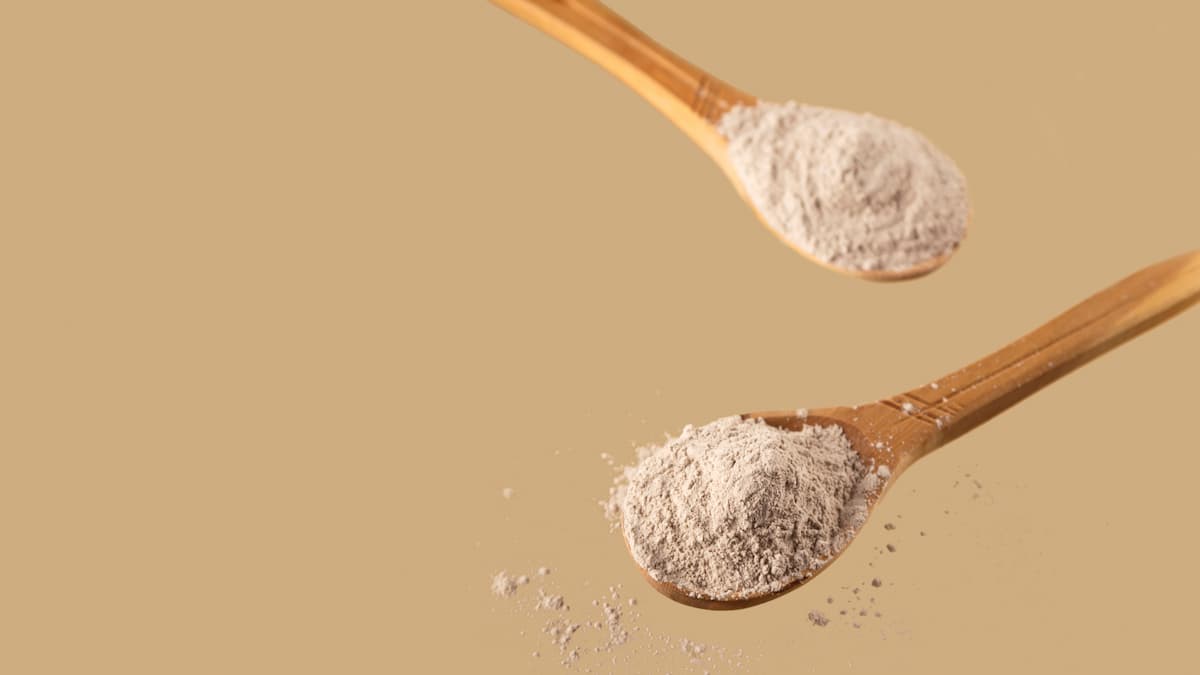
Everything you want to know about COLLinstant collagen.
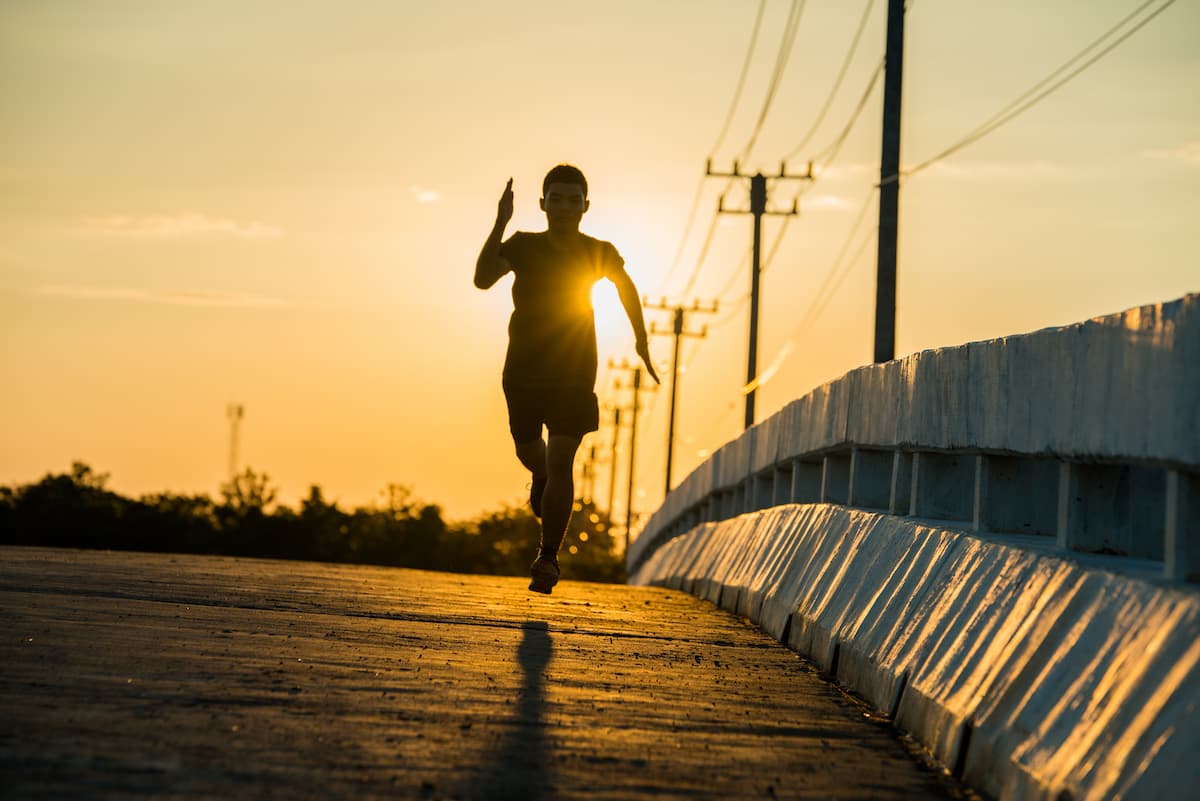
Collibre collagen is an interesting supplement in shot form.
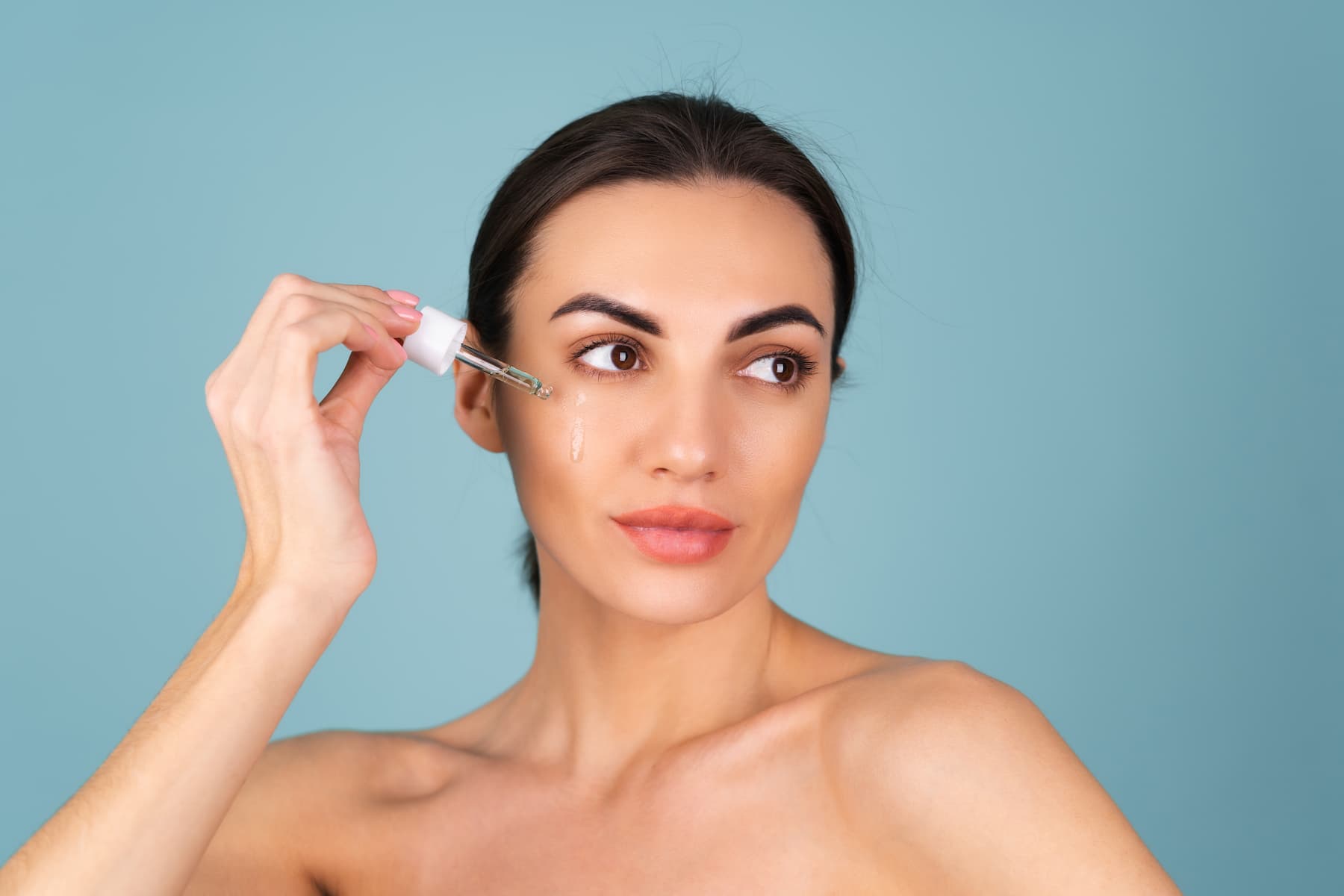
Solgar collagen with hyaluronic acid is a dietary supplement that supports skin and joint health.
